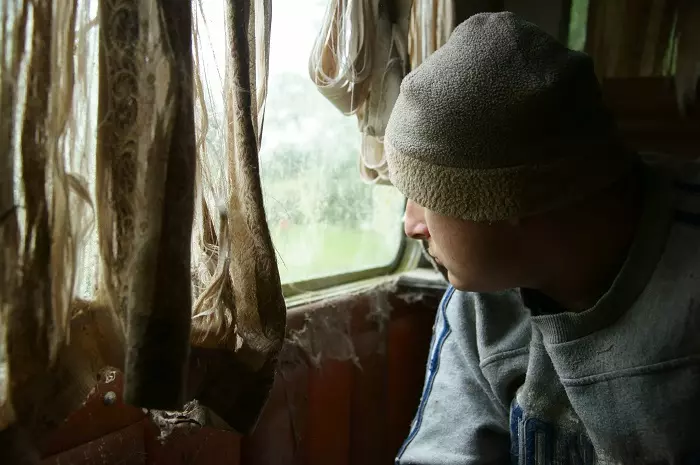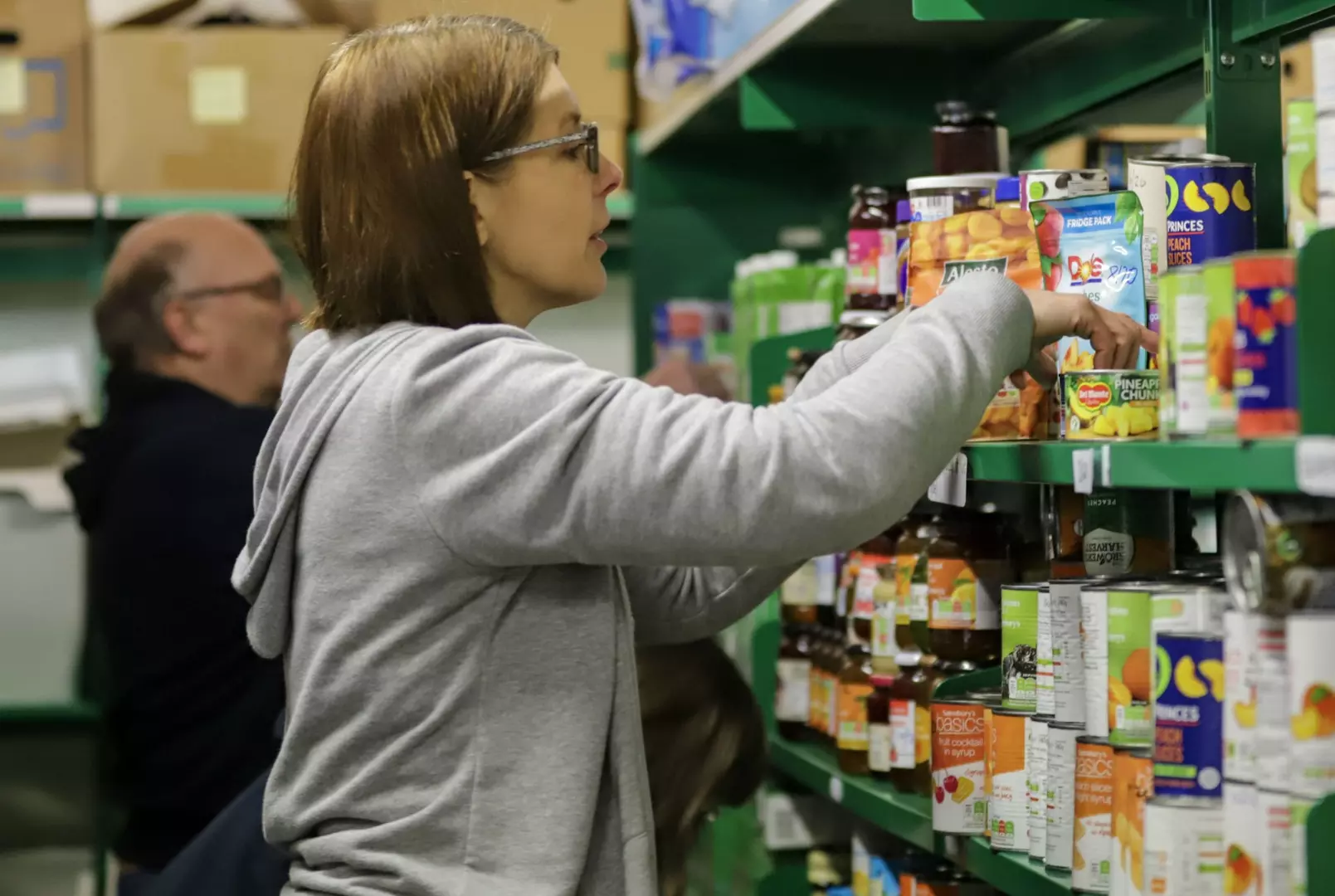Modern slavery victims included in emergency funding announcement
published on 1 May 2020

Modern slavery victims included in Government announcement of emergency funding to support most vulnerable in society during pandemic
On 2 May 2020 Communities Secretary, Robert Jenrick, announced £76 million extra government funding to support survivors of domestic abuse, sexual violence and vulnerable children and their families and victims of modern slavery during the coronavirus pandemic.
£1.73 million of this funding will go to help recovering slavery victims, through a Government contract managed by The Salvation Army.
This will help The Salvation Army manage the additional demand placed on its services as it continues to support victims whilst protecting them from infection.
At present victims are able to access support services, including counselling and financial support, remotely, and anyone living in a safe house, including those who might normally be preparing to move on, are entitled to stay in this safe accommodation for the next three months.
Director of Anti Trafficking and Modern Slavery for The Salvation Army, Major Kathy Betteridge said:
"The Salvation Army is helping thousands of people in the UK as they recover from being victims of modern slavery. In light of the extra challenges they face because of coronavirus, this money will really make a significant difference to them.
“Working closely with our partners and the Home Office, The Salvation Army has quickly adapted the way we support victims so they continue to have the best care possible and are kept safe, despite the rapidly changing circumstances we all face.
"Through the Victim Care Contract, The Salvation Army supports some of the most vulnerable people in our communities. Having escaped slavery, these people are now being asked to impose restrictions on their own freedom to help protect themselves and others from coronavirus. With our partners, we have developed extensive plans to keep their recovery on track. This money will be a vital boost to this work and could save lives."
